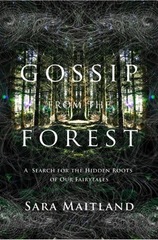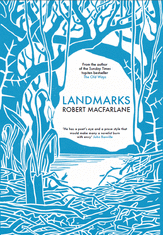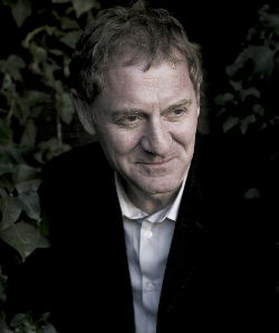Top writers call for changes to Oxford Junior Dictionary
| Internationally-acclaimed author Margaret Atwood, former Poet Laureate Sir Andrew Motion and former Children's Laureate Michael Morpurgo are among 28 major literary and media figures who have today written to the Oxford University Press. Over fifty nature words, along with many more associated with the countryside, landscape and farming have been cut from the Oxford Junior Dictionary. This is to make room for new words associated with the indoor lives of modern childhood, such as blog and MP3 Player. Before Christmas, we ran a series of articles calling on the Oxford University Press to restore some of the lost words, many of which are redolent with cultural significance. Now some of the country's leading nature writers, poets, children's authors and illustrators are calling for a re-think. Click the button to read their letter in full. |
 Sara Maitland had already highlighted the OJD cuts in Gossip from the Forest: a search for the hidden roots of our fairy tales. She feels a double blow as words like elf and goblin have been cut as well. "Despite the Tolkien films," she says. "not only nature study, but nature magic, is going, too." Sara points out that she didn't break the story. "I read about it in a wonderful essay by Robert Macfarlane in a book called Towards Reenchantment." Despite the popularity of Sara and Rob's books, and the attention drawn to the OUP's decision, another edition was published in 2012 with none of the lost words replaced. In statements made at the time, and again last month in response to our campaign, the OUP cites the need for lexicographical rigour. NATURAL LIGHT editor Laurence Rose says "I would certainly expect such rigour in the Oxford English Dictionary, but when you have to choose only a few thousand words to represent the English language for seven year-olds, you are making a social judgement, whether you mean to or not. And here we have a classic case of the law of unintended consequences." | goneacorn adder ash beech blackberry bluebell bramble brook buttercup catkin clover conker cowslip cygnet dandelion fern fungus gorse hazel hazelnut heather heron holly horse chestnut ivy kingfisher lark magpie minnow newt otter pansy pasture poppy porpoise primrose raven starling stoat stork sycamore thrush weasel violet willow wren Read the full list of ins and outs |
without language we will eventually lose the land itself

Landmarks, published on March 6th, is a celebration of the language of landscape. “It opens with my dismay at the OJD deletions which I see as a symptom of the natural and the outdoor being displaced by the virtual and the indoor” he says. “I’m worried that the basic literacy of nature is falling away. A should be for Acorn, not Attachment.”
Award-winning author and ecologist Mark Cocker agrees, and sees a threat to nature as well. "Without language we will eventually lose the land itself" he fears.
The letter's authors point out that compared with a generation ago, when 40% of children regularly played in natural areas, now only 10% do so, while another 40% never play anywhere outdoors. They highlight the link with obesity, anti-social behaviour and friendlessness.
But they conclude that the Oxford University Press is well placed to provide cultural leadership and play its part in changing this situation. They argue that a deliberate and publicised decision to restore some of the most important nature words would be “a tremendous cultural signal and message of support for natural childhood.”

 RSS Feed
RSS Feed
